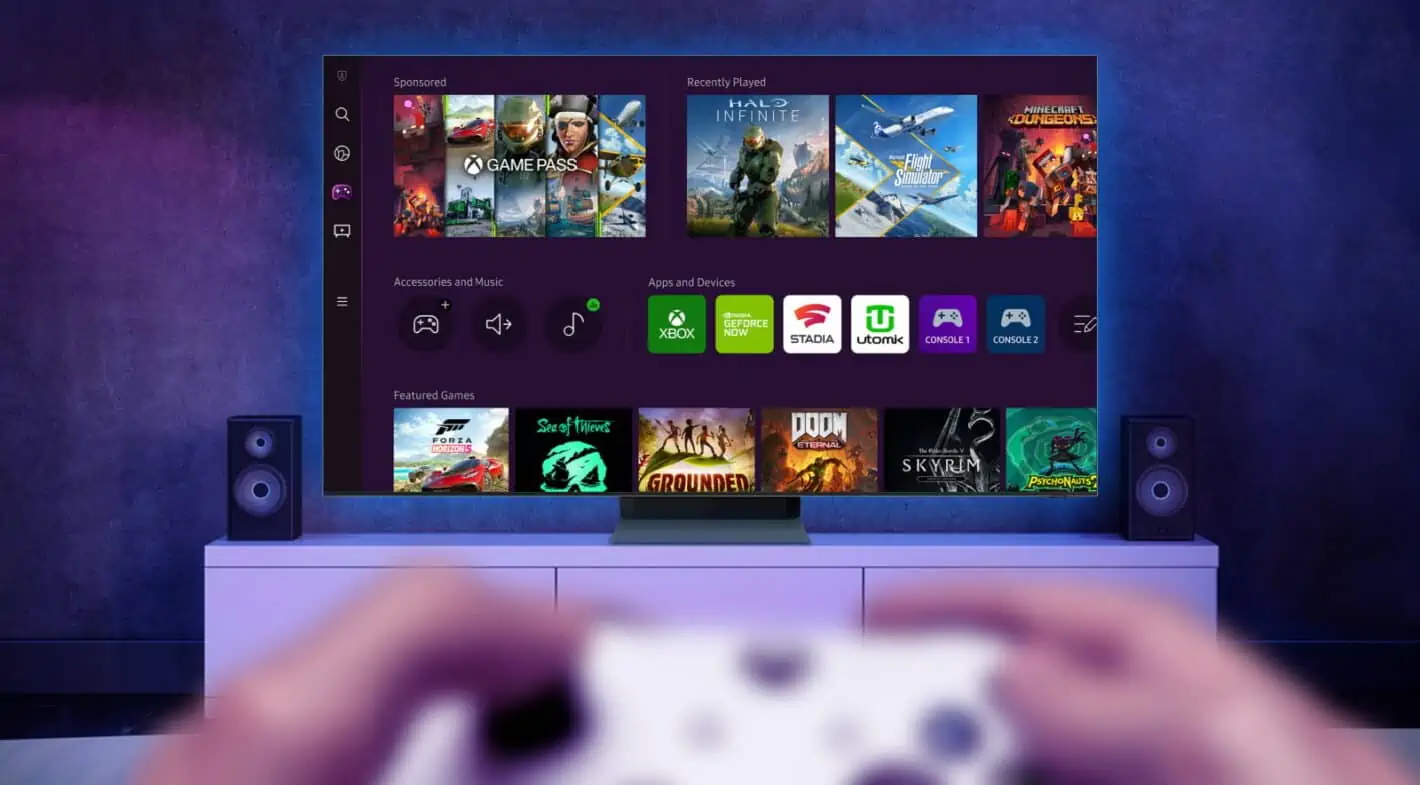In a significant gaming industry power move this October, Microsoft acquired the gaming giant Activision Blizzard for $69 billion. Iconic titles such as Overwatch, World of Warcraft, and Call of Duty are now officially part of the Xbox ecosystem. This acquisition is arguably the most influential gaming news of the year. It triggered a chain reaction, prompting internal restructuring within Microsoft’s gaming and marketing divisions.
Activision Blizzard responded to the acquisition: “It’s a monumental day for us at Activision Blizzard. For over four decades, our players have fueled our creativity, resulting in iconic universes like Call of Duty, Candy Crush Saga, Crash Bandicoot, Diablo, Overwatch, and Warcraft. Today marks the beginning of a new chapter as we officially join the Microsoft family, uniting with the incredible Xbox team to co-create the future of gaming together.”
During the summer, Microsoft faced off against the U.S. Federal Trade Commission in court, which sought to halt the acquisition of Activision Blizzard. The trial’s core argument claimed that Microsoft’s exclusive rights to some of the biggest gaming franchises would lock out Nintendo and Sony. To secure the deal’s approval, Microsoft made a promise not to restrict access to Activision Blizzard games on other consoles. The specifics of which games will be available on which platforms remain undisclosed.
Nadella states, “With our recently concluded acquisition of Activision Blizzard King, we are doubling down on our Gaming business.”
Back in 2020, Microsoft acquired ZeniMax Media, the parent company of Bethesda Softworks, for $7.5 billion. The deal cemented Microsoft as the owner of one of the world’s most prominent private game developers and publishers. Yet, the finalization of the deal with Activision Blizzard prompted a significant shake-up in Microsoft’s internal structure. The internal reorganization underscores the company’s increasingly aggressive stance in the gaming industry.
Microsoft has appointed a new President of Game Content and Studios, who will now oversee ZeniMax. Microsoft appointed Sarah Bond as the new President of the Xbox platform. In addition, Chris Caposella, Microsoft’s Chief Marketing Officer for over three decades, stepped down.
Takeshi Numoto, a cloud expert, has been promoted to Microsoft’s new Chief Marketing Officer, a move that Satya Nadella, Microsoft’s CEO, believes will “drive our vision forward.” The replacement for Activision Blizzard CEO Bobby Kotick was not announced. Still, Dave McCarthy, the current COO of Microsoft Gaming, will lead the efforts to integrate Activision Blizzard into the gaming division.
These changes highlight Microsoft’s committed investment in the gaming industry. The specifics on game updates, marketing focus, and the integration of Activision Blizzard into Microsoft’s gaming ecosystem are still unknown.
Nonetheless, the Activision Blizzard deal represents a monumental shift for both the gaming industry and Microsoft itself. Following the deal, Microsoft reshaped its internal structure to place the appropriate individuals for the expansion of its gaming influence.

